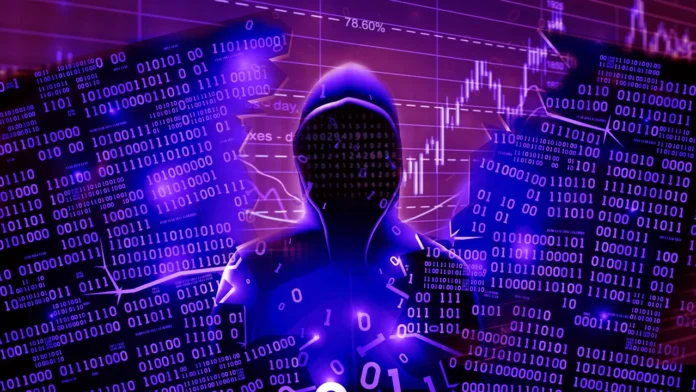Introduction
In the current age of rapid technological progress and the ever-expanding cyber landscape, nearly every aspect of business and everyday life has transitioned to the online realm. This has caught the interest of numerous nations, prompting them to embark on the path of digital transformation within the cyber domain. Consequently, there arises a pressing necessity to comprehensively grasp the cybersecurity challenges prevalent in the economy, as they are intrinsically interconnected with this transformative journey.
Organizations specifically designed to master the task of cybersecurity provision have to be formed as the economic shift is even higher than expected in the first half. Industries like e-commerce, education, and even the real estate industries have rapidly found their paths toward this digital revolution. In such a scenario the customer data security and digital economic handling capacity of countries are the areas to be questioned and checked upon.

Cybersecurity challenges in the economy are not only confined to the boundaries of data theft and information breach. Still, they are even related to the digital currency and online economics of a nation. As major countries have moved their banking and financial systems online and now the digital currency is the new mode of financial exchange, even a small loophole in the system can lead to a massive scam that may not be even traceable.
To escape such cases countries must first analyze the cybersecurity challenges in economy, prepare a road map to overcome them, and then devise a structure for the flow of controls and authorities. Once done in the appropriate manner the digital revolution of the economics of any nation can help boost growth and rapid GDP development.
The Digital Transformation and its Landscape
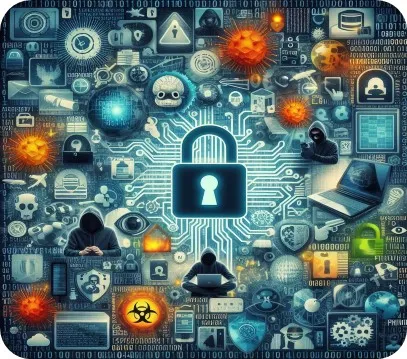
The digital transformation and its rapid growth rates are considerable to the expectations as the benefits of digitalization are far beyond consideration. Businesses can globalize themselves with less effort and more efficiency, governments can manage foreign exchange with more efficiency and less theft, economic management has become easier and scams and thefts have been reduced, payments have become hazel-free and fast as compared to the previous years.
These benefits of digitalization of economy and business have provoked almost every nation to look into this efficient and helpful sector and boost their economy significantly. The digital market at the global level is projected to reach a total of $1009.8 billion by 2025, with developing nations having the most significant contributions.
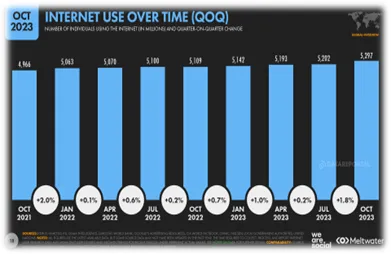
Now, as beautiful and promising as this digital transformation may look and sound it’s also not away from challenges, particularly in the field of cybersecurity. Cyber threats are among the worst fears an economy can think of and that too the one that is still developing. The World Economics Forum published a Global Risks Report considering cyber threats among the top risks the world is facing these days.
These risks include cyber fraud with the users, nations, and even global governments that take advantage of a lack of awareness and unaddressed loopholes in the system.
Data as The New Fuel
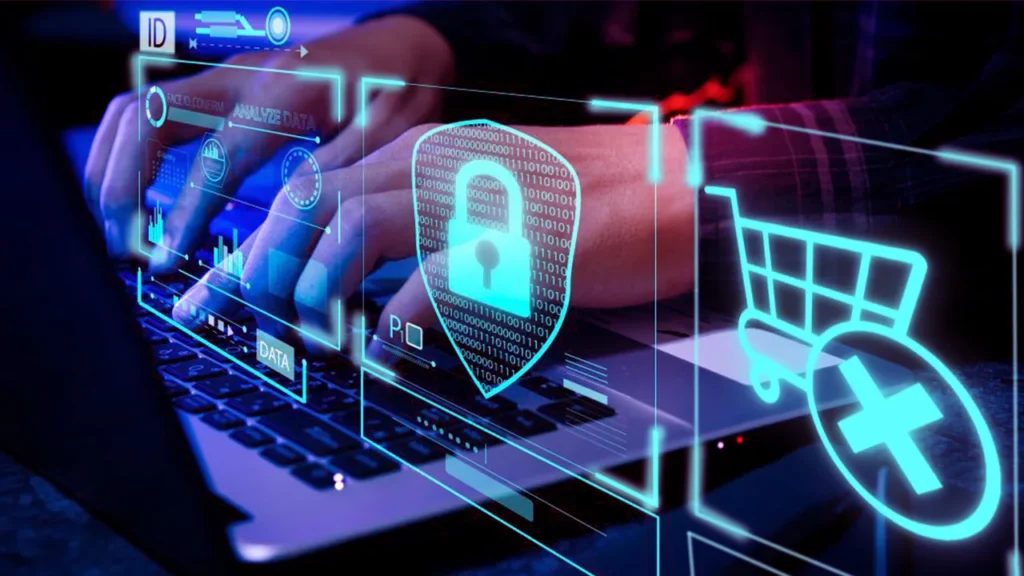
Data in this digital revolution has become the most crucial driving force that has driven individuals, organizations, and nations into the line of digitalization. The utilization and transfer of data globally is what the digital revolution is all about. This transfer and reception of global data together make the modern-day internet and this is what digitalization is all about. The developing nations have provided their residents a cheap data rates to promote the digitalization and globalization of their economy.
This data availability to all makes the business more transparent and trustworthy thus driving consumers towards the organization or even a country. The power of digitalization can only be predicted that countries that have opted to switch from the old conventional ways towards this modern revolution have seen a sudden growth in their GDP by almost 3 times.

However, this data-driven society and economy is always a double-bladed knife. If there exists a loop in the security system the flow of data may experience a breach and that data can be anything ranging from credit card details to confidential military files. To protect such crucial and valuable personal information there is always a need to analyze the cybersecurity challenges in economy and work accordingly.
India being a developing nation has devised such a capable digital cybersecurity system that the country has not seen any significant data breach in the past 3 years, while major global leaders have seen such cyberattacks at a higher frequency.
Cyber Threats on Financial Economics
The most awarding sector of this digital revolution is the digitalization of economics and the financial sector. The transfer of funds at the global level has become very easy and convenient and people can afford the best sitting at one corner of the globe and ordering it from the other. Businesses and organizations can develop great international customer relations and retain them throughout their growth and even after they have reached the desired level.
The global relations between nations based on transparent economics have moved towards a positive side as they were earlier. Countries come together on financial grounds and work together without fearing about financial loss, theft, or black marketing. These transformations became possible only because of the digital revolution of the financial economy.

As the transformation may sound like a sweet fruit, it is not that sweet when seen and analyzed closely. People have digital currencies that are needed to be protected from substantial cyber frauds and attacks. These attacks have no dynamic range and can range from one cent to one billion dollars depending upon the capacity of the hacker or organization involved. So, the most important cybersecurity challenge in the economy is managing and protecting financial economics through a net of security encryptions and codes.
Essential Infrastructure in Modern Era
The digitalization of human resources and needs is not only confined to the sectors of e-commerce and trading but also has influenced essential infrastructure like power plants, healthcare, etc. These sectors have not only inculcated digital dominance but have also performed well with technology by their side. These structures have reported a significant growth in their efficiency and performance along with a rise in customer base and retention.
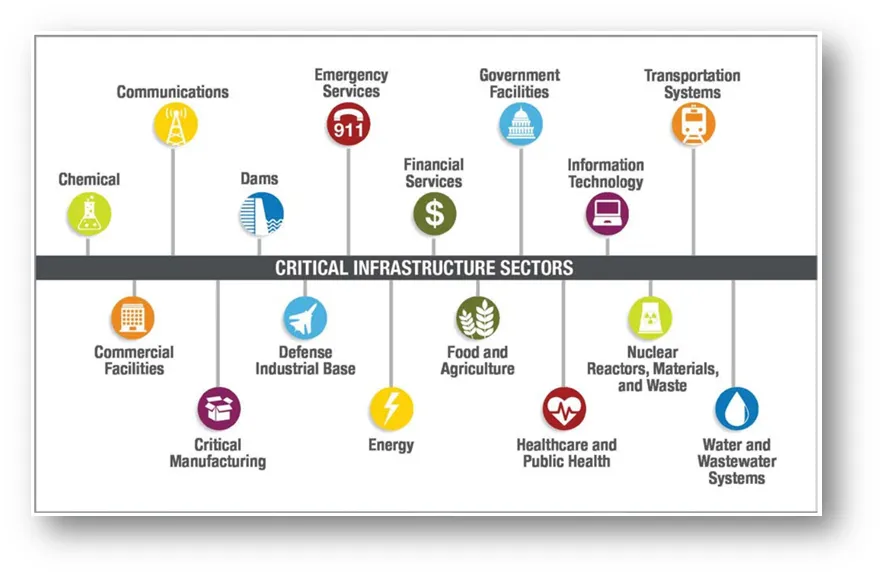
Digitalization has not only enhanced the working of these institutions but has also given way to certain cybersecurity-related challenges. These challenges include the protection of the digital online control system against certain possible cyber-attacks. These cyberattacks tend to shut down or even destroy the function of these infrastructures thus hindering the local and financial life and status of a country or society.
In the year 2020, there were 295 reported significant cyber incidents targeting critical infrastructure, an increase of 20% from the previous year. The report openly suggests the urgency for such infrastructures to undergo critical cybersecurity analysis and setups.

Building Cybersecurity Resilience
In order to address the cybersecurity challenges in the economy the government of a nation must come up with an open discussion-impacted road map to tackle such situations. These forums must consider public problems and suggestions to make the cyber defense system more accurate and for the general public. The finance management system must undergo significant and necessary checks when it comes to protection against cyberattacks.
The global level strategies and work plan must be individually established and must focus on the overall development of the national cyber law enforcement and enactment. The people of a nation must also contribute to the governing body of their nation to maintain a cyberfraud-free environment. According to a report by International Telecommunication Union (ITU) around 69% of the countries have established a national cybersecurity strategy by the year 2020.
Conclusion
In the modern era of technology and digitalization, various cybersecurity challenges in economy require serious working, mapping, and addressing. Countries have developed special organizations and infrastructures to tackle such cases of cyberattacks and cybersecurity. Global relations have boomed after the era of digitalization and developing nations have developed a global infrastructure for business and trade. The global finance management system has also undergone significant reforms since the year 2020 that have led to more reliable and transparent financial global exchanges.
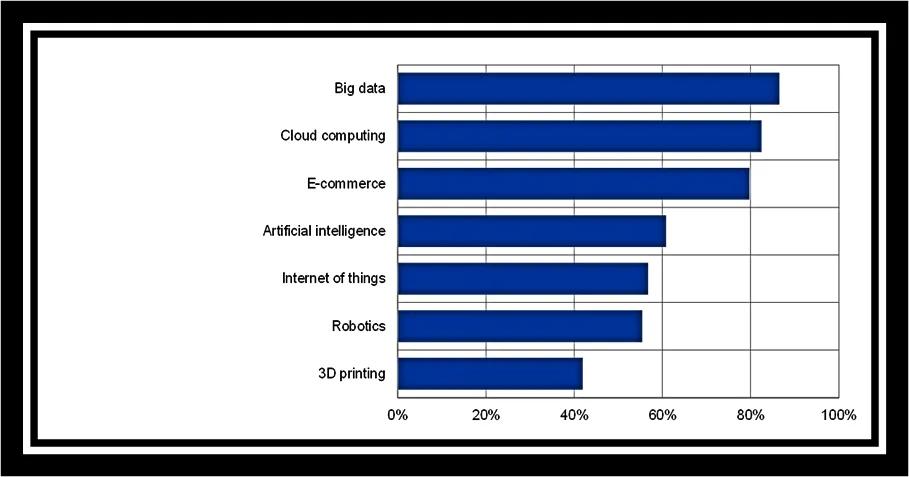
The development of cybersecurity-related organizations on the global level has also improved the global e-commerce sector allowing developing nations to inculcate valuable foreign exchange. At last, it only takes citizen cooperation and trust to make any revolution a success. To overcome cybersecurity challenges in economics one must stay a bit cautious and whenever a case is seen it must be reported to the responsible organizations. Together only we can make this world of digital data secure and free from cyber challenges.

